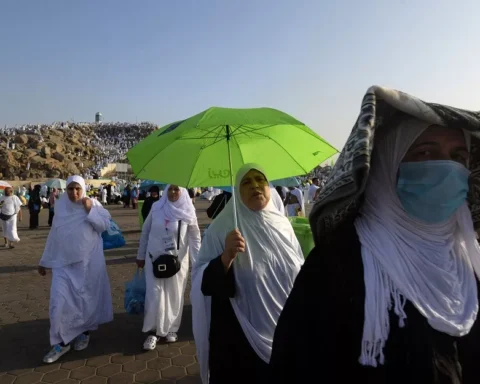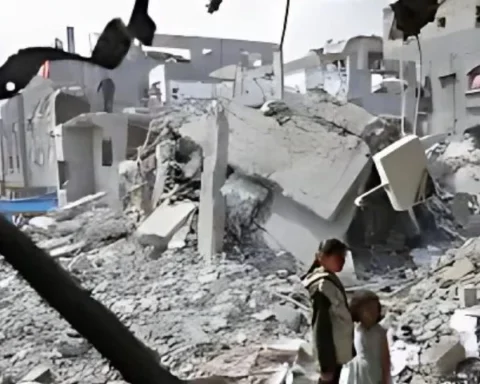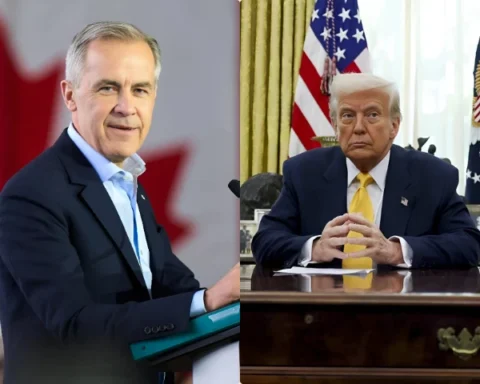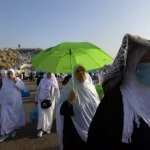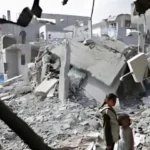Saudi Arabia Set to Pay Syria’s World Bank Debts, Enabling Reconstruction Aid
Saudi Arabia is reportedly planning to settle Syria’s outstanding debts to the World Bank, a move that could unlock millions of dollars in grants and aid for the country’s collapsing public sector and reconstruction efforts. If confirmed, this would be Riyadh’s first known financial support for Syria since religious-led rebels ousted Bashar al-Assad last year.
This development suggests that long-awaited financial backing from Gulf nations may be gaining momentum, following earlier stalled initiatives due to concerns over US sanctions. For instance, a Qatari plan to fund Syrian salaries was put on hold, though Doha recently moved forward with a plan to supply gas via Jordan — reportedly with Washington’s quiet approval.
Syria’s approximately $15 million in World Bank arrears must be cleared before the international institution can resume financial support. Damascus, however, is cash-strapped, and prior plans to pay the debt using frozen assets have fallen through.
The Saudi Ministry of Finance declined to confirm the reports, saying they only comment on official announcements.
Key Points:
-
Debt Payment Plan: Saudi Arabia plans to pay Syria’s $15 million debt to the World Bank.
-
Unlocking Aid: Clearing the arrears is a prerequisite for grants and international assistance.
-
First Major Saudi Support: This would be Riyadh’s first known financial backing since Assad’s fall.
-
Gulf Support Emerging: The move may signal broader Gulf cooperation after delays due to US sanctions.
-
Qatar’s Role: Qatar recently announced a US-approved plan to provide Syria with gas via Jordan.
-
Previous Plans Stalled: Efforts to pay Syria’s debts using frozen assets failed.
-
No Official Comment: Saudi Arabia’s finance ministry declined to confirm the reports.
Saudi Arabia’s reported plan to settle Syria’s World Bank arrears could mark a turning point in Gulf engagement with Syria’s reconstruction. While still unofficial, the move signals a potential thaw in regional hesitancy and may help stabilize Syria’s public sector by opening the door to critical international aid. Whether this sets a precedent for deeper Gulf involvement remains to be seen, particularly under the shadow of US sanctions and broader geopolitical considerations.

